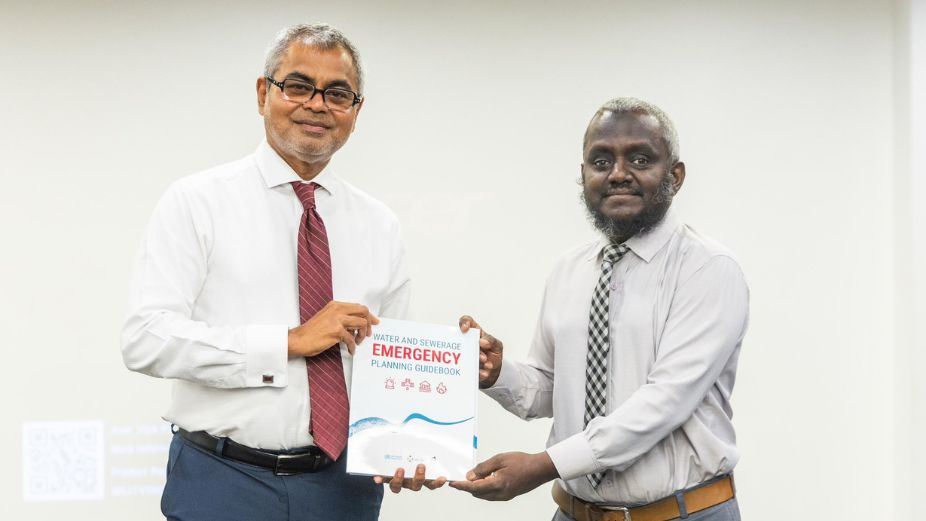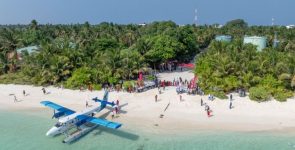
The Minister of Tourism and Environment, Thoriq Ibrahim, has underscored the importance of proactive measures to protect water and sewerage infrastructure in the Maldives, as the government launched a new emergency response plan aimed at mitigating disruptions caused by climate-induced events.
With 133 islands currently equipped with water supply systems and 144 hosting sewerage networks, the plan seeks to ensure the continuous provision of essential utilities, particularly during emergencies. The initiative comes amid growing concern over the increasing frequency and intensity of climate-related disasters across the archipelago.
According to the Ministry, the dispersed geography of the Maldives poses unique challenges, requiring each island’s utility networks to be managed independently. As such, the new plan encourages preparedness at the local level, urging communities to maintain systems and develop contingency measures tailored to their specific needs.
Flooding of sewerage networks, particularly due to heavy rainfall, has emerged as one of the most pressing concerns. Such incidents have led to sewage leaks in several islands, compounding the public health risks and operational difficulties faced by local councils and service providers. In addition to these challenges, the protection of freshwater sources remains a key priority as islands become increasingly vulnerable to saline intrusion and contamination.
The government’s emergency response plan is expected to support island councils and utility operators with structured guidance and resources to enhance resilience. It reflects a broader shift in policy towards decentralised risk management, particularly in the face of escalating climate threats.












